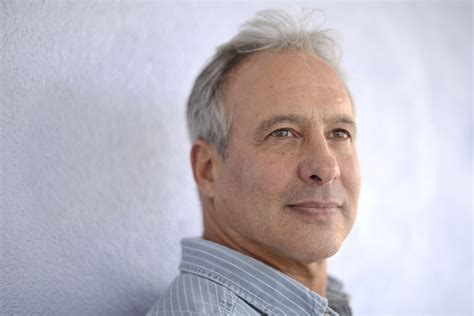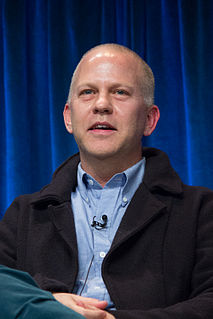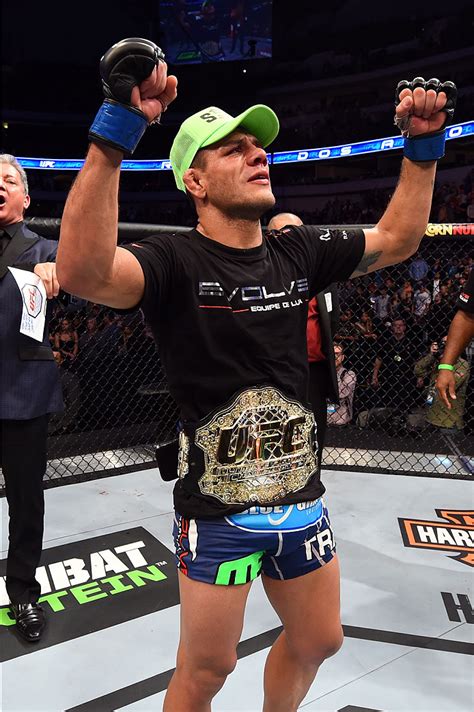A Quote by Anohni
You need money to have advocacy in America. People that don't have money don't have advocacy.
Related Quotes
One particular debate that I have seen play out again and again is whether trans people who have more traditional gender expressions or who "pass" more should be the ones who are represented. A recent advocacy guide focused on advocating around trans health care access produced by the largest trans advocacy organization in the US instructs readers that advocacy will be more successful if the message is delivered by people who pass as non-trans men and women.
To walk in money through the night crowd, protected by money, lulled by money, dulled by money, the crowd itself a money, the breath money, no least single object anywhere that is not money. Money, money everywhere and still not enough! And then no money, or a little money, or less money, or more money but money always money. and if you have money, or you don't have money, it is the money that counts, and money makes money, but what makes money make money?
Money is a great isolator. In fact, we don't even need to have money or make money, we only need to be perceived as having money to be isolated in the strangest ways from most of the community around us. It reaches the point where a person with money spends a great deal of time reacting to people who are reacting to the money.
And here we come to the vital distinction between the advocacy of temperance and the advocacy of prohibition. Temperance and self-control are convertible terms. Prohibition, or that which it implies, is the direct negation of the term self-control. In order to save the small percentage of men who are too weak to resist their animal desires, it aims to put chains on every man, the weak and the strong alike. And if this is proper in one respect, why not in all respects? Yet, what would one think of a proposition to keep all men locked up because a certain number have a propensity to steal?



































